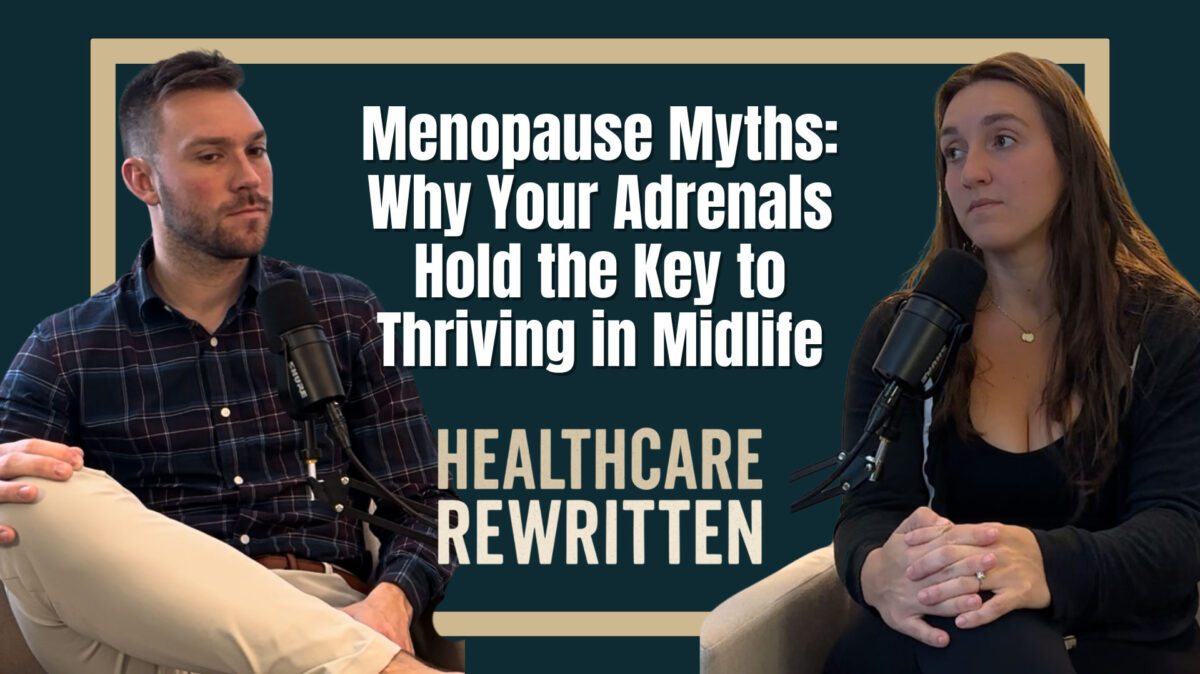When most women think about menopause, they brace themselves for hot flashes, night sweats, mood swings, and weight gain. Western medicine often frames this stage of life as a dreaded decline, leaving women feeling like their best years are behind them. But what if that’s not the whole story?
The truth is, menopause is a natural and powerful transition—one that doesn’t have to be defined by misery. While your ovaries do slow hormone production, your body has backup systems that can carry you through midlife and beyond. The key lies in your adrenals, thyroid, gut, and stress response.
In this blog, we’ll uncover the myths that keep women stuck, explain why adrenal health matters just as much (if not more) than ovarian function, and share practical steps to help you thrive during menopause. Consider this your roadmap to seeing menopause not as an ending—but as what Eastern medicine calls your “second spring.”
Myth #1: Menopause Is Just About Estrogen Dropping
Myth #2: Weight Gain Is Inevitable
Myth #3: Hormone Replacement Therapy (HRT) Is the Only Option
Myth #4: Symptoms Can’t Be Prevented
The Root Cause Approach to Thriving in Menopause
Your adrenals, thyroid, and gut are all part of the hormonal symphony. When one system struggles, it places pressure on the others. Here are key strategies to support your body:
- Eat protein-rich, nutrient-dense meals (especially breakfast).
- Strength train regularly to protect bone density and metabolism.
- Address gut health to improve estrogen clearance and serotonin production.
- Reduce chronic stress by identifying and managing top stressors.
- Use targeted herbs and supplements like licorice, white peony, or black cohosh when appropriate and guided by testing.
Final Thoughts: Menopause as Your “Second Spring”
Menopause doesn’t have to be a time of decline—it can be a season of clarity, strength, and renewal. By shifting the focus from just your ovaries to your whole-body health—especially adrenal resilience—you can thrive in midlife and beyond.
If you’re ready to take a root-cause approach to your hormones, schedule a free Discovery Call with us today. We’ll walk you through personalized testing and a plan designed for your unique body.
Prefer to listen? Catch the full conversation on our YouTube channel or Spotify.



